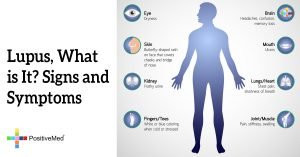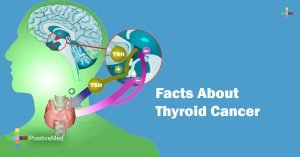
Cambridge scientists have delved into the intriguing realm of fasting and its potential anti-inflammatory effects, shedding light on a new mechanism involving arachidonic acid. Chronic inflammation, a precursor to various diseases, may find a formidable opponent in the practice of fasting. This guide explores the groundbreaking study and its implications, providing insights into the role of arachidonic acid and its potential link to the anti-inflammatory effects of fasting.
1. The Puzzle of Chronic Inflammation: Connecting the Dots
- Understanding Chronic Inflammation:
Chronic diseases like obesity, diabetes, and heart disease have been linked to chronic inflammation, triggered by mechanisms such as the inflammasome. The study investigates the NLRP3 inflammasome, a pivotal player in diseases affecting older populations in the Western world.
2. Fasting’s Mysterious Shield: Arachidonic Acid Revealed
- Caloric Restriction and Lipids:
The research examined blood samples from volunteers practicing a 24-hour fast after a 500-kcal meal. Surprisingly, caloric restriction increased levels of arachidonic acid, a lipid previously associated with inflammation. The immediate drop in arachidonic acid levels upon resuming meals intrigued researchers.
3. Diet, Disease, and the Yin and Yang Effect
- High-Calorie Diets and Disease Risk:
The study hints at a yin and yang relationship between diet and disease risk. While a high-calorie diet may increase inflammasome activity, fasting could act as a counterbalance, reducing chronic inflammation.
4. Arachidonic Acid and Aspirin: Unveiling a Connection
- Non-Steroidal Anti-Inflammatory Drugs (NSAIDs) and Arachidonic Acid:
The study suggests a potential link between NSAIDs like aspirin and arachidonic acid. Aspirin’s inhibition of arachidonic acid breakdown may elevate its levels, subsequently reducing inflammasome activity and inflammation. Caution is advised, emphasizing the need for medical guidance when considering NSAID use.
5. Future Implications and Cautionary Notes
- Long-Term Benefits of Fasting:
The research contributes to a growing body of evidence supporting the health benefits of calorie restriction. While arachidonic acid’s effects are short-lived, regular fasting over an extended period may hold promise in reducing chronic inflammation associated with age-related conditions.
The revelation of arachidonic acid’s role in fasting’s anti-inflammatory effects opens new avenues in understanding the intricate interplay between diet, inflammation, and disease. As science unravels the mysteries of fasting, individuals are empowered with knowledge that could redefine approaches to mitigating chronic inflammation and fostering long-term health. The study’s findings invite further exploration into the potential benefits of sustained fasting as a holistic strategy for reducing the risk of age-related diseases.





